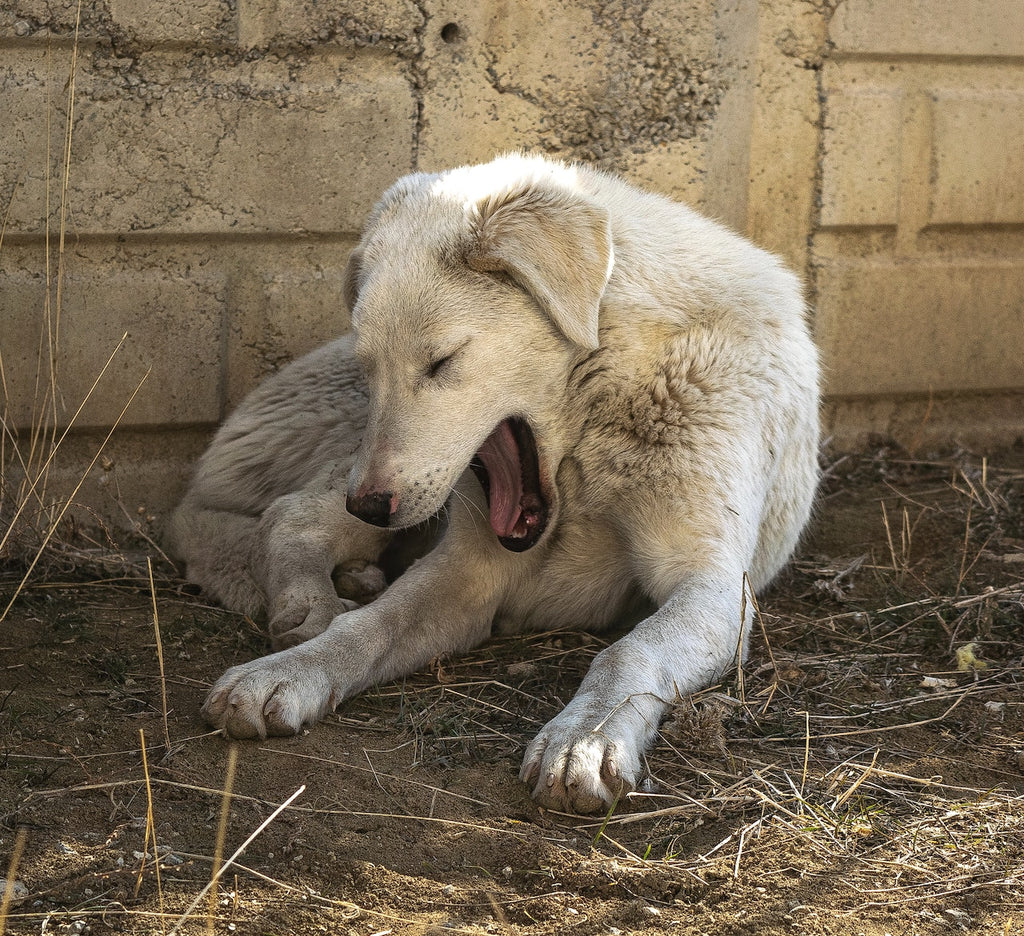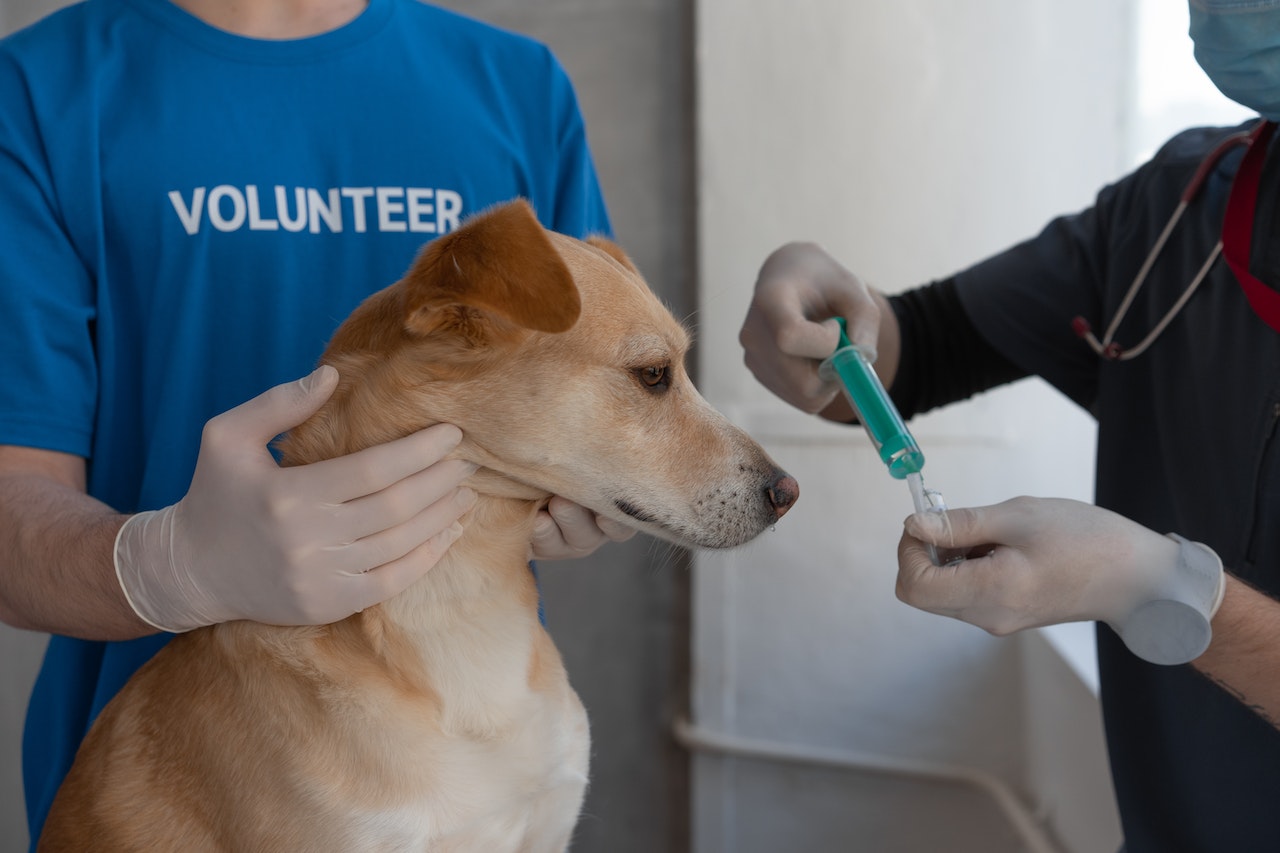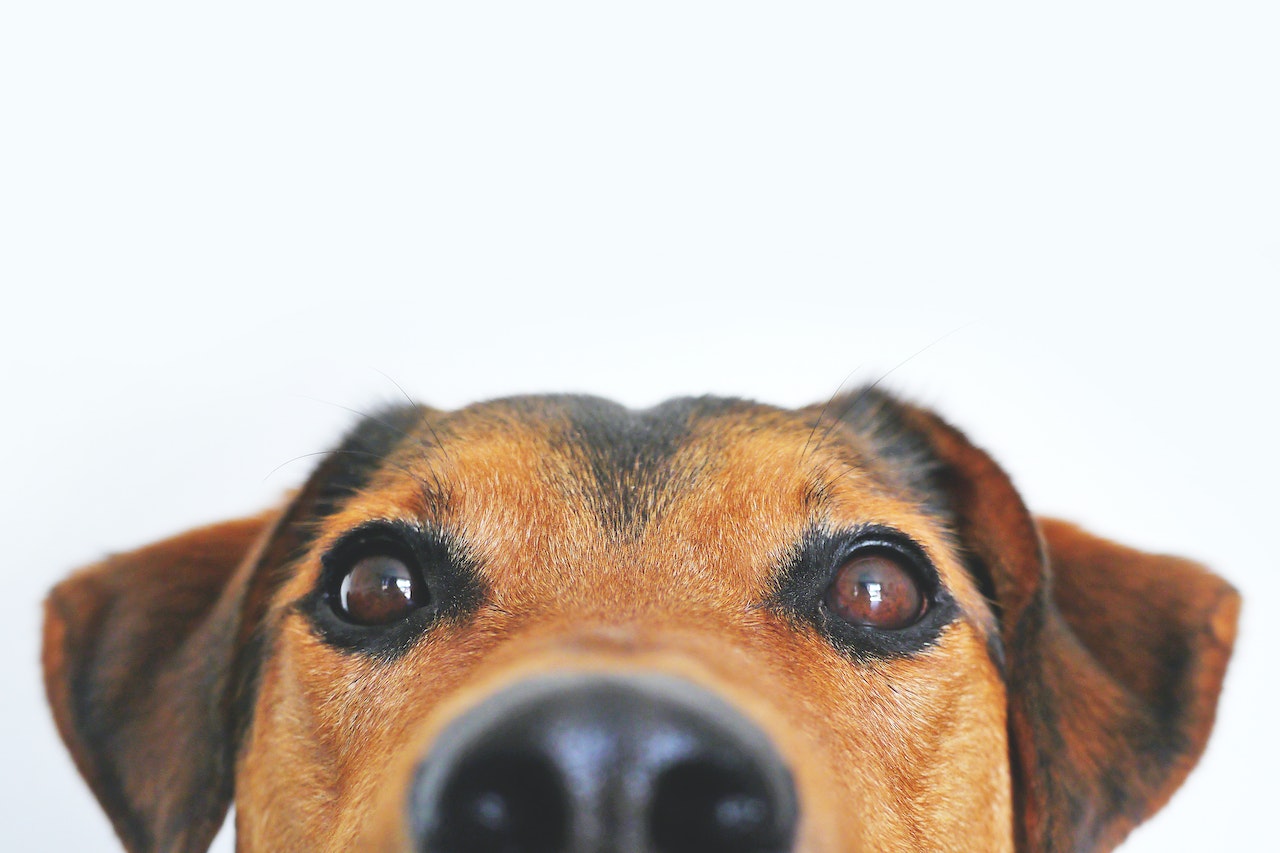
Coughing is a reflex action that helps to clear the airways in response to irritants or blockages. Just like humans, dogs can also cough due to various reasons such as respiratory infections, allergies, heart disease, or foreign objects in the airways. Coughing in dogs is a common symptom that can range from a mild, occasional cough to a persistent, severe cough that can indicate an underlying health condition.
What is coughing in dogs?
Coughing in dogs is a reflex action that helps to clear the airways of any irritants, blockages, or foreign objects. It is a common symptom that can be caused by various conditions such as respiratory infections, allergies, heart disease, or foreign objects in the airways. Coughing in dogs can be classified into two categories: productive coughs, which produce phlegm or mucus, and non-productive coughs, which do not produce any phlegm or mucus.
Can dogs cough?
Yes, dogs can cough just like humans. Coughing in dogs is a common symptom that can indicate various health conditions. If your dog is coughing persistently or has difficulty breathing, it is important to seek veterinary attention to determine the underlying cause and proper treatment.

Factors associated with dog's cough
Coughing is a common symptom in dogs and can be caused by various factors. Some of the factors associated with a dog's cough include:
Respiratory Infections
Dogs can develop respiratory infections caused by bacteria, viruses, or fungi. These infections can cause inflammation of the airways, leading to coughing.
Allergies
Dogs can also suffer from allergies, just like humans. Allergies can be caused by various factors, such as pollen, dust, or certain foods. When a dog is exposed to an allergen, their body reacts by releasing histamines, which can cause coughing.
Heart Disease
Dogs with heart disease may develop a cough due to fluid buildup in the lungs. This type of cough is often more severe at night and can be accompanied by other symptoms, such as fatigue or difficulty breathing.
Kennel Cough
Kennel cough is a highly contagious respiratory disease that can affect dogs. It is caused by a combination of viruses and bacteria and can cause a persistent, dry cough.
Tracheal Collapse
Tracheal collapse is a condition in which the cartilage rings that support the trachea weaken and collapse. This can cause a honking cough, particularly when a dog is excited or exercising.
Foreign Objects
Dogs can accidentally inhale or swallow objects that can get stuck in their airways, causing coughing.
Cancer
In some cases, coughing can be a sign of cancer in dogs, particularly lung cancer.
It's important to identify the underlying cause of a dog's cough in order to provide appropriate treatment. A veterinarian can help diagnose the cause of the cough and recommend the appropriate treatment plan.
In some cases, coughing can be managed with medication or other treatments. For example, dogs with kennel cough may be treated with antibiotics or cough suppressants. Dogs with allergies may benefit from allergy shots or medication to manage their symptoms.
How to manage it:
The management of a dog's cough depends on the underlying cause. If the cough is due to a respiratory infection, the veterinarian may prescribe antibiotics or other medications to treat the infection. If the cough is due to allergies, the veterinarian may prescribe antihistamines or corticosteroids to reduce inflammation. If the cough is due to heart disease, the veterinarian may prescribe medications to reduce fluid accumulation in the lungs.
In addition to medication, there are also some home remedies that can help manage a dog's cough, such as:
- Honey: Honey has natural antibacterial properties and can help soothe a dog's throat. You can add a teaspoon of honey to your dog's food or mix it with warm water and give it to your dog as a drink.
- Steam therapy: Steam therapy can help loosen mucus and phlegm and ease a dog's cough. You can run a hot shower and let your dog inhale the steam for a few minutes, or use a humidifier to increase the humidity in the room.
- Rest: Rest is important for a dog's recovery. Make sure your dog gets plenty of rest and avoid strenuous activities that can worsen the cough.
Preventing coughing in dogs
Preventing coughing in dogs involves taking several steps to maintain good health and reduce the risk of respiratory infections or other conditions that can lead to coughing. Here are some tips for preventing coughing in dogs:
- Vaccinations: Keeping your dog up-to-date on vaccinations is important in preventing infectious diseases that can cause coughing, such as kennel cough.
- Hygiene: Practicing good hygiene can help prevent the spread of infectious diseases that can cause coughing. Wash your hands before and after handling your dog, and keep your dog's bedding and living area clean.
- Avoid Exposure: Avoid exposing your dog to other sick dogs, particularly in places like dog parks, kennels, or pet stores.
- Regular Check-ups: Regular veterinary check-ups can help catch any potential health issues before they become serious. Your veterinarian can also recommend preventative treatments or medications to keep your dog healthy.
- Environmental Factors: Avoid exposing your dog to irritants like smoke, air pollution, or chemicals. Keep your home well-ventilated and use air filters if necessary.
- Good Nutrition: Providing your dog with a well-balanced diet can help boost their immune system and keep them healthy. Make sure your dog has access to fresh water at all times.
- Regular Exercise: Regular exercise can help keep your dog's respiratory system healthy and reduce the risk of obesity, which can put extra strain on the lungs.
In addition to these preventative measures, it's important to be aware of any changes in your dog's health and behavior. If your dog is coughing persistently, has difficulty breathing, or shows signs of other symptoms like lethargy or loss of appetite, it's important to consult with a veterinarian right away. Early detection and treatment can help prevent more serious health issues down the line.
Concluding words
Coughing in dogs can be caused by a variety of factors, including respiratory infections, allergies, environmental irritants, and underlying health conditions. While it's impossible to completely prevent coughing in dogs, taking steps to maintain good health and reduce the risk of exposure to infectious diseases or irritants can help reduce the likelihood of coughing episodes. Regular veterinary check-ups, vaccinations, good hygiene, environmental management, proper nutrition, and regular exercise are all important factors in preventing coughing in dogs. However, it's important to stay vigilant and seek veterinary care if your dog exhibits persistent coughing or other concerning symptoms, as early detection and treatment can help prevent more serious health issues down the line.



